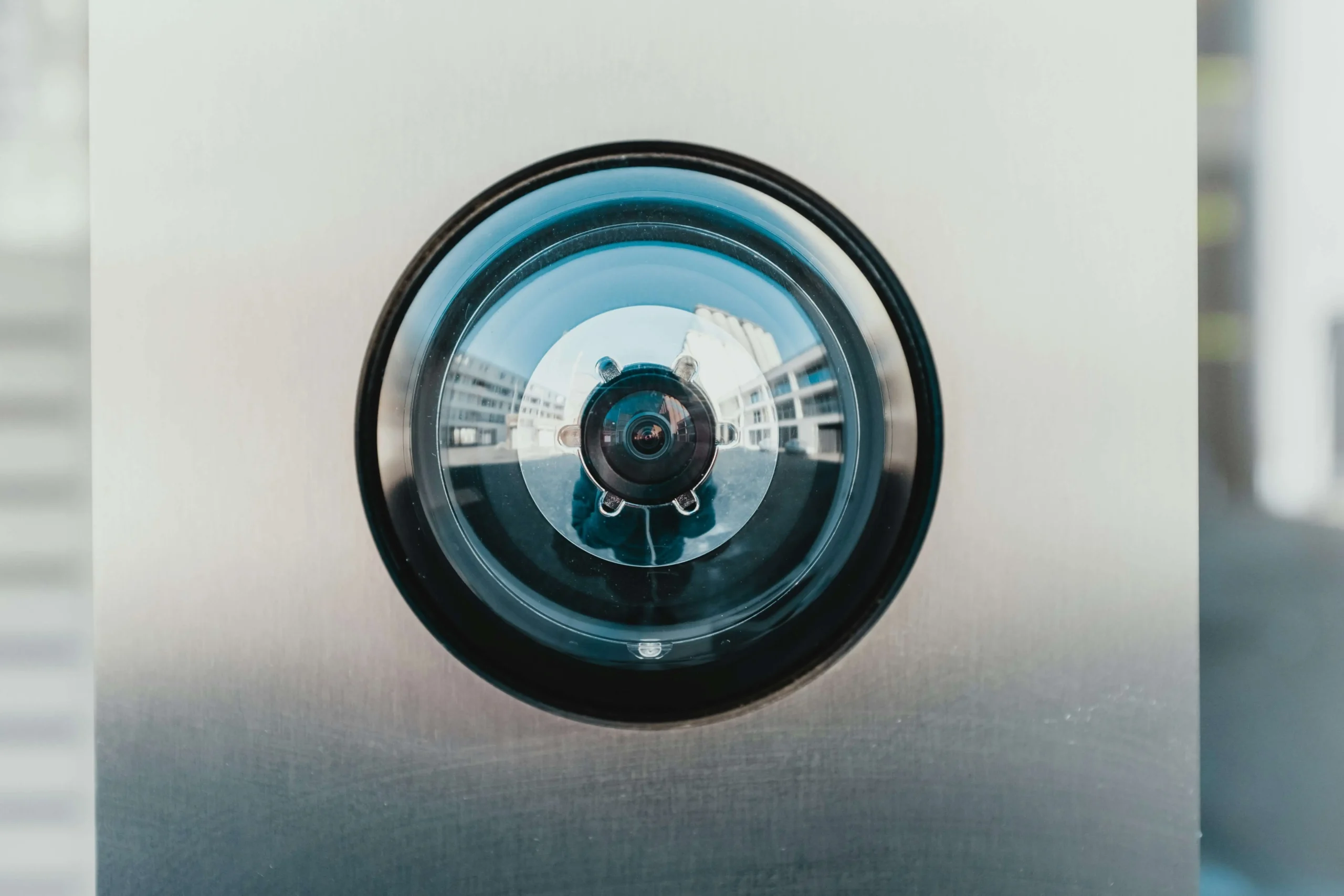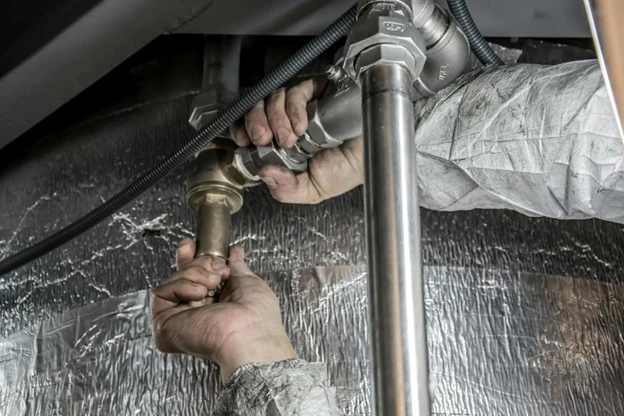
Home security systems have advanced significantly with the integration of technology. Network Video Recorders (NVRs) are central to improving safety through high-resolution video capture and storage. This guide explores the benefits and integration of NVRs into your home security system.
In today’s world, securing your home is a priority for many homeowners. With the rise of technology, video recording has become a fundamental part of effective security systems. NVR video recorders provide a sophisticated solution for capturing and storing footage, offering peace of mind. By understanding how these devices work and their advantages, you can make informed decisions about your home security setup.
The role of network video recorders in security
NVRs are crucial in modern security systems, capturing and storing high-quality video footage over a network. Unlike traditional DVRs, which use coaxial cables, NVRs operate through an IP camera network, allowing for clearer image quality and more flexible placement. This setup not only enhances resolution but also simplifies installation by utilizing existing network infrastructure. Compared to other recording devices, NVRs excel in handling higher resolutions and integrating seamlessly with smart home systems.
The technology behind NVRs allows them to process video data digitally, making them a preferred choice for contemporary surveillance needs. They come with advanced features such as motion detection alerts and remote access capabilities, enhancing both functionality and user convenience. These features make NVRs essential for comprehensive home security, enabling real-time monitoring from virtually anywhere.
Moreover, the flexibility in camera placement provided by NVR systems enhances coverage and reduces potential blind spots. This adaptability ensures that every corner of your property can be monitored effectively, providing a heightened sense of security and control over your living environment.
Tips for selecting the right NVR system
Selecting the appropriate NVR system requires evaluating several factors including the size of your property, specific security needs, and budgetary limits. For larger homes or those requiring extensive coverage, opting for an NVR with more channels is advisable to accommodate additional cameras without compromising performance.
The placement of cameras connected to your NVR should be strategic to ensure optimal coverage and minimize blind spots. Common areas include entry points such as doors and windows as well as isolated parts of your property that may be vulnerable to unauthorized access.
Lastly, prioritize systems offering user-friendly interfaces that simplify operation whether through mobile apps or desktop software. Ease of use will facilitate regular monitoring and quick response actions if necessary, maximizing the effectiveness of your investment in home security technology. For those looking for advanced integration, NVR video recorders built for seamless integration are an excellent option.
Benefits of using NVR video recorders
NVRs offer numerous benefits that make them appealing for homeowners looking to enhance their security systems. Their ability to capture high-definition video ensures that you receive clear, detailed footage, which can be crucial in identifying intruders or verifying incidents. This level of detail is instrumental in providing evidence when necessary, significantly boosting the effectiveness of your security measures.
A standout feature of NVRs is their remote access capability, allowing you to monitor live feeds from any location with internet connectivity. This means you can keep an eye on your property while at work or traveling, ensuring continuous oversight even when you’re away from home. Such accessibility adds convenience and peace of mind for homeowners who prioritize security.
Furthermore, integrating NVRs with existing security systems is straightforward, making them compatible with various smart home technologies. This compatibility allows for automated alerts and seamless interaction with other devices like door sensors or alarms, enhancing the overall security architecture.
Integrating NVRs into smart home setups
Integrating NVRs into your smart home setup enhances both functionality and user experience by offering centralized control over all security components. With advancements in IoT technology, connecting your NVR system with other smart devices becomes intuitive and efficient. Ensuring compatibility between devices is crucial for smooth operation; therefore, selecting products designed for interoperability is recommended.
NVRs can be linked to home automation systems to trigger specific actions based on detected activities—such as turning on lights or alerting authorities—thereby increasing responsiveness to potential threats. This level of automation not only bolsters security but also adds convenience by reducing manual intervention.
When choosing an NVR system, consider factors such as storage capacity, number of channels supported, and ease of use through mobile applications or web interfaces. These considerations will ensure you select a solution that fits both your technical needs and budget constraints.



